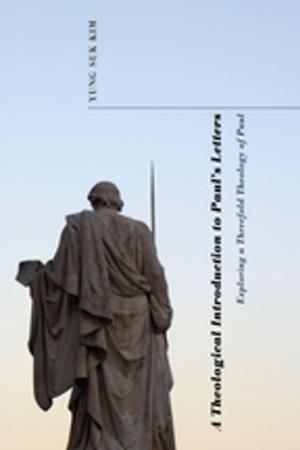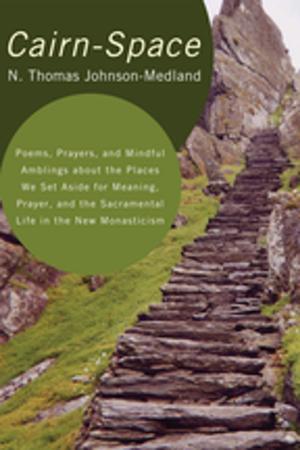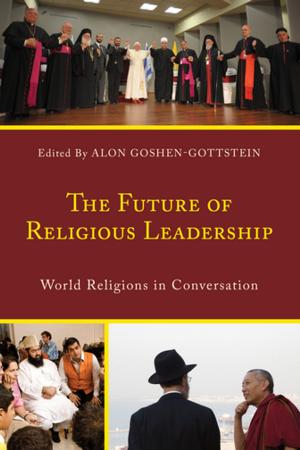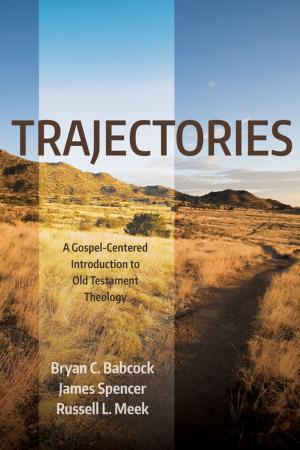| Author: | Edwin D. Freed | ISBN: | 9781630873875 |
| Publisher: | Wipf and Stock Publishers | Publication: | July 1, 2012 |
| Imprint: | Pickwick Publications | Language: | English |
| Author: | Edwin D. Freed |
| ISBN: | 9781630873875 |
| Publisher: | Wipf and Stock Publishers |
| Publication: | July 1, 2012 |
| Imprint: | Pickwick Publications |
| Language: | English |
Abraham Lincoln did not take his family Bible to the White House. And the reason he did not use the Bible in his first inaugural address was not because it failed to arrive in his baggage. Freed concentrates on what Abraham Lincoln himself says instead of what others say about him, which yields insights into understanding Lincoln's speech before the Young Men's Lyceum, his reply to the Loyal Colored People of Baltimore, and his Second Inaugural Address. The author shows that much of what has been written about Lincoln's knowledge of the Bible and its influence on his thought is myth. Although his language was replete with vocabulary from the Bible, Lincoln's knowledge of it was superficial, and he did not use the Bible to promote religion. He was always a politician, but with a moral sensitivity. With the Declaration of Independence and the US Constitution, he used the Bible to help him achieve his political ambitions and to support the emancipation of slaves. A unique book on a subject never treated so thoroughly, this is a must-read for all Lincoln admirers.
Abraham Lincoln did not take his family Bible to the White House. And the reason he did not use the Bible in his first inaugural address was not because it failed to arrive in his baggage. Freed concentrates on what Abraham Lincoln himself says instead of what others say about him, which yields insights into understanding Lincoln's speech before the Young Men's Lyceum, his reply to the Loyal Colored People of Baltimore, and his Second Inaugural Address. The author shows that much of what has been written about Lincoln's knowledge of the Bible and its influence on his thought is myth. Although his language was replete with vocabulary from the Bible, Lincoln's knowledge of it was superficial, and he did not use the Bible to promote religion. He was always a politician, but with a moral sensitivity. With the Declaration of Independence and the US Constitution, he used the Bible to help him achieve his political ambitions and to support the emancipation of slaves. A unique book on a subject never treated so thoroughly, this is a must-read for all Lincoln admirers.















